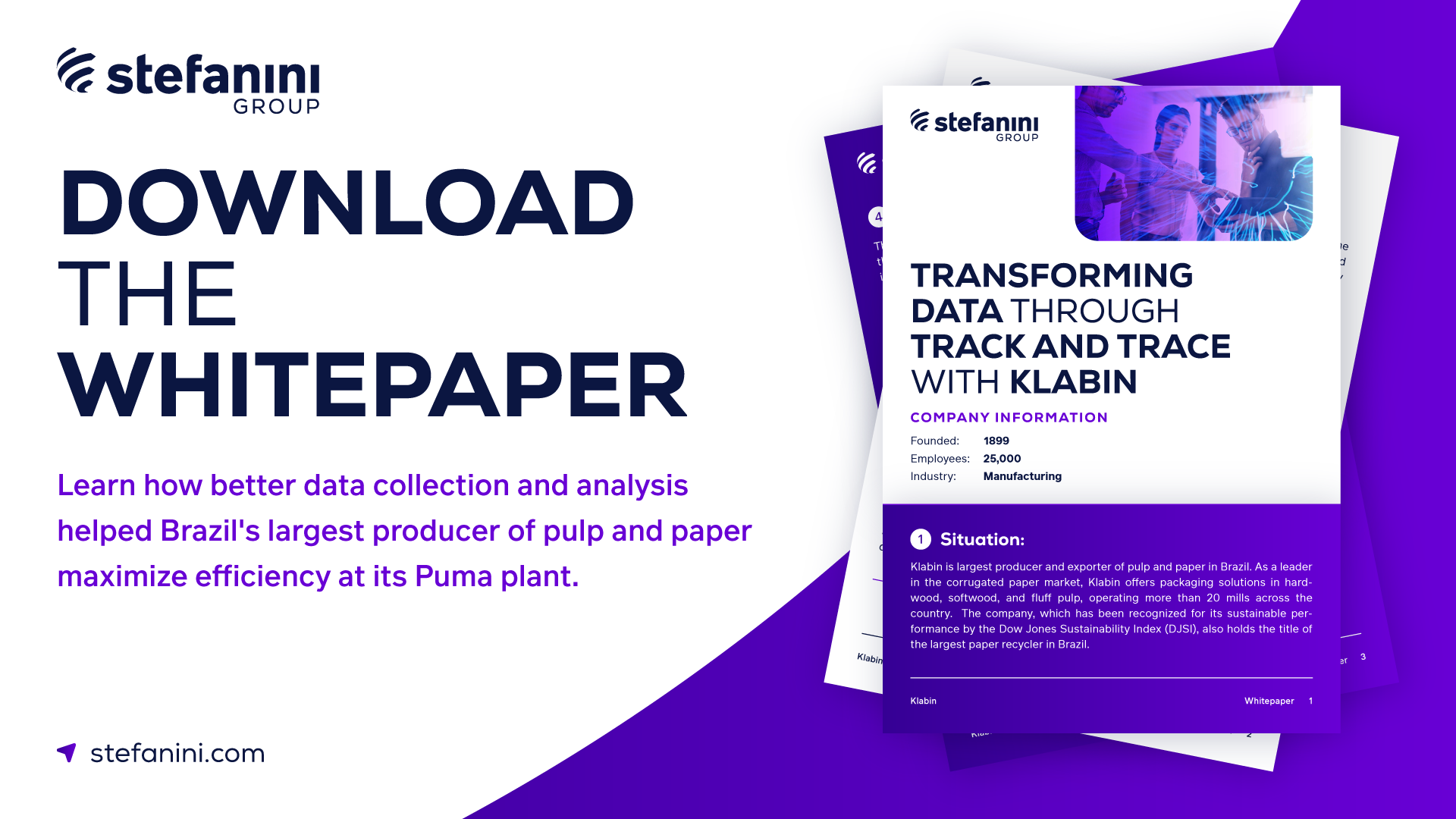As digital marketers, one of the most exciting and rewarding parts of our job is getting the opportunity to take on a new PPC account or marketing strategy and put our skills and expertise to work. Whether we’ve inherited the account or are conducting an audit, the goal is always the same: to approach it with a fresh perspective and identify opportunities for improvement.
So, if you’re ready to supercharge your PPC performance and drive even better results, here are seven ways to optimize your PPC marketing strategy:
Seven tips to supercharge your PPC campaigns
Optimizing a PPC marketing strategy can be daunting. That’s where we come in. These 7 tips will take your marketing strategy to the next level.
1. Build an account that’s ready for growth
Regarding your PPC account structure, it’s important to consider the various essentials that make up your campaigns, including ad groups, keywords and copy.
A well-organized account can help you track performance, identify areas for improvement, and make data-driven decisions more effectively.
There are several factors to consider when determining the best structure for your account:
- The locations you’re targeting: If you have multiple locations you want to target, consider creating separate campaigns for each region to make reporting easier.
- The products or services you offer: If your website is structured with specific landing pages for different products, consider organizing your campaigns by product.
- Your reporting goals: Structuring your account in a way that allows for effective reporting on various statistics can be beneficial for meeting specific goals.
For example, suppose you have to provide separate performance reports to different teams or programs. Splitting these into individual campaigns or accounts may individualized.
Additionally, it’s important to consider the performance differences between a branded and non-brand keyword. It is also essential to segment these accordingly. This can be especially useful if you plan on bidding on your brand or branded keywords.
Overall, it’s crucial to take the time to carefully consider your account structure and ensure that it’s organized in a way that helps you achieve your goals and track your performance effectively.
2. Use high-performance keywords
Selecting the appropriate keywords is essential for a successful PPC campaign. While Google offers a tool to generate a keyword list based on your website, it is essential to consider the keywords’ click-through rate (CTR).
To ensure your campaign’s success, prioritize keywords with a high CTR. You can also use a VPN service to determine the ranking of keywords in specific geographic locations, which is especially useful if your target audience is located in a different region.
Before including keywords in your ad copy, evaluate their performance to ensure you use the most effective ones.
3. Increasing the value of your keywords
Many PPC campaigns fail to achieve their desired results due to excess keywords. In fact, research from the Digital Marketing Institute has shown that an average PPC campaign generates the majority of its sales from only 12% of its keywords.
To improve the effectiveness of your PPC campaign, it is important to focus on the quality of your keywords rather than simply adding more.
Three key factors contribute to the quality of your keywords:
- Relevance to your ad copy
- Click-through rate (CTR)
- User experience on the landing page
You can optimize your PPC campaign for maximum effectiveness by prioritizing these elements.
4. Geo-Targeting
There is a significant opportunity for optimization in pay-per-click campaigns through carefully adjusting geo-targeting settings. Many campaigns are set to target only the US with a flat bid modifier. In contrast, others target specific states with seemingly random bid modifiers that may not necessarily reflect actual performance.
This can be detrimental to the overall performance of your business in a highly competitive advertising landscape. To optimize your campaign across multiple locations, consider implementing the following geo-targeting strategies:
Optimizing geographic bid adjustments in a single campaign
To optimize a single advertising campaign, it is essential to consider the geographical locations of the target audience and adjust bids based on conversion rates.
It is also important to consider areas with lower performance but still within the acceptable range. The campaign can effectively reach the desired audience and drive conversions using geographic bid adjustments.
Optimizing your ad campaigns for multiple locations
To maximize the effectiveness of your ad campaigns, it is recommended to create two separate campaigns targeting similar keywords but targeting different locations. The first campaign should focus on high-performing areas with high conversion rates, total goal completions, or revenue.
The second campaign should target areas with lower conversion rates but focus on increasing brand awareness. This strategy helps prevent “internal competition” within the account and allows you to tailor your approach to specific regions.
By dividing your campaigns in this way, you can effectively target high-performing regions while also working on expanding your reach in other areas.
Optimizing your advertising strategy by targeting specific regions
One effective approach to managing your advertising campaigns is to focus on a single region within each campaign. By selecting your top-performing geographic areas and creating separate campaigns for each, you can tailor your messaging and targeting to reach better and engage your audience.
For example, you target New York and California in two separate campaigns while targeting the rest of the United States in a third campaign. This strategy allows you to improve targeting and optimize your advertising efforts, leading to more effective and efficient use of your resources.
5. Search terms and advertising relevancy
If you notice that certain ad groups are underperforming, look closely at the relevance between the ads and search terms used in those ad groups. To do this, you can follow these steps:
- Select the Ad Group and check the keywords
- Select Details> Search Terms>All
This will allow you to see the search terms that have triggered clicks on your ads. A lack of relevance between your ads and search terms could negatively impact your click-through rate (CTR), waste your ad budget, and lower your conversion rate.
To improve the relevance and quality score, you should ensure your ads are more relevant to the keywords and search terms. Additionally, if you come across an irrelevant search term, you should add it to your negative list to prevent your ad from being triggered. It’s better to be cautious and avoid wasting money on irrelevant searches.
6. Improve PPC results with A/B testing
A/B testing is an essential aspect of any PPC campaign, as it helps to ensure that your ads are highly relevant and practical. By testing different elements of your ads, such as the headline, description, link, keyword and ad extensions, you can determine which combinations perform the best and make informed decisions on optimizing your campaigns.
By consistently conducting A/B tests, you can continually improve the effectiveness of your PPC advertising efforts.
To ensure that your landing pages are performing optimally, it is important to test various elements regularly. Some key components include the overall design, headline, images, benefits and features, and call-to-action (CTA). By experimenting with different combinations of these elements, you can determine which ones are most effective in driving conversions and improving the user experience.
As the pay-per-click (PPC) industry constantly evolves, it is important to utilize A/B testing to improve your campaigns regularly. This technique involves comparing two versions of a campaign element, such as bids, keywords, or ad groups, to determine which performs better.
When conducting A/B testing, it is essential to test one element simultaneously to get accurate results. Testing multiple elements simultaneously can lead to more precise results. Regularly implementing A/B testing can optimize your PPC campaigns and increase their overall performance.
7. Fine-tune ad copy for optimal results
In addition to ensuring that your PPC ads are optimized to reach your target audience, focusing on the marketing copy is crucial to increase the likelihood of clicks. With limited text space, it is essential to crafting a clear and concise message that provides necessary information and has a compelling element to attract the customer.
However, it is essential to remember that different approaches may work for other people, so it is valuable to test different versions of your ad copy and analyze the results.
This can provide insight into which segments are influenced by specific phrasing, which messaging is most effective for different conversions, and what overall changes can impact efficiency. You can maximize your return on ad spend by leveraging this information and applying it to granulate ad groups further.
In conclusion, there are several ways to optimize your PPC marketing strategy to get the most out of your advertising efforts. Focusing on critical areas such as keyword research, ad copy, targeting, and landing pages can increase your chances of success and drive more traffic to your website.
Regular analysis and adjustment of your campaigns can improve your results and make the most of your PPC budget. Following these seven tips, you can optimize your PPC marketing strategy and achieve your business goals.
Stefanini digital marketing solutions focus on strategy, data science, media, and advertising and leverage data intelligence to boost business, connect people, and create experiences. Using our expertise, best practices, and statistical techniques, we produce actionable business insights based on data mining and predictive models. Our insights are further solidified through research and analytics.
Let’s reimagine your marketing strategy and ensure your business thrives with better interactions, engagement, loyalty, and brand awareness. From customer experience strategies to leveraging artificial intelligence to improve digital store experiences, we are here to guide you on your digital transformation journey. Reach out to an expert today!
Author bio: Sawan Jha, Founder of Elysian Digital Services, is a voracious reader of books on Marketing and Advertising. He has made a name for himself as a flawless specialist in Digital Marketing. Sawan has delighted clients from all over the world and is renowned for his creative constructs and tactics.




















